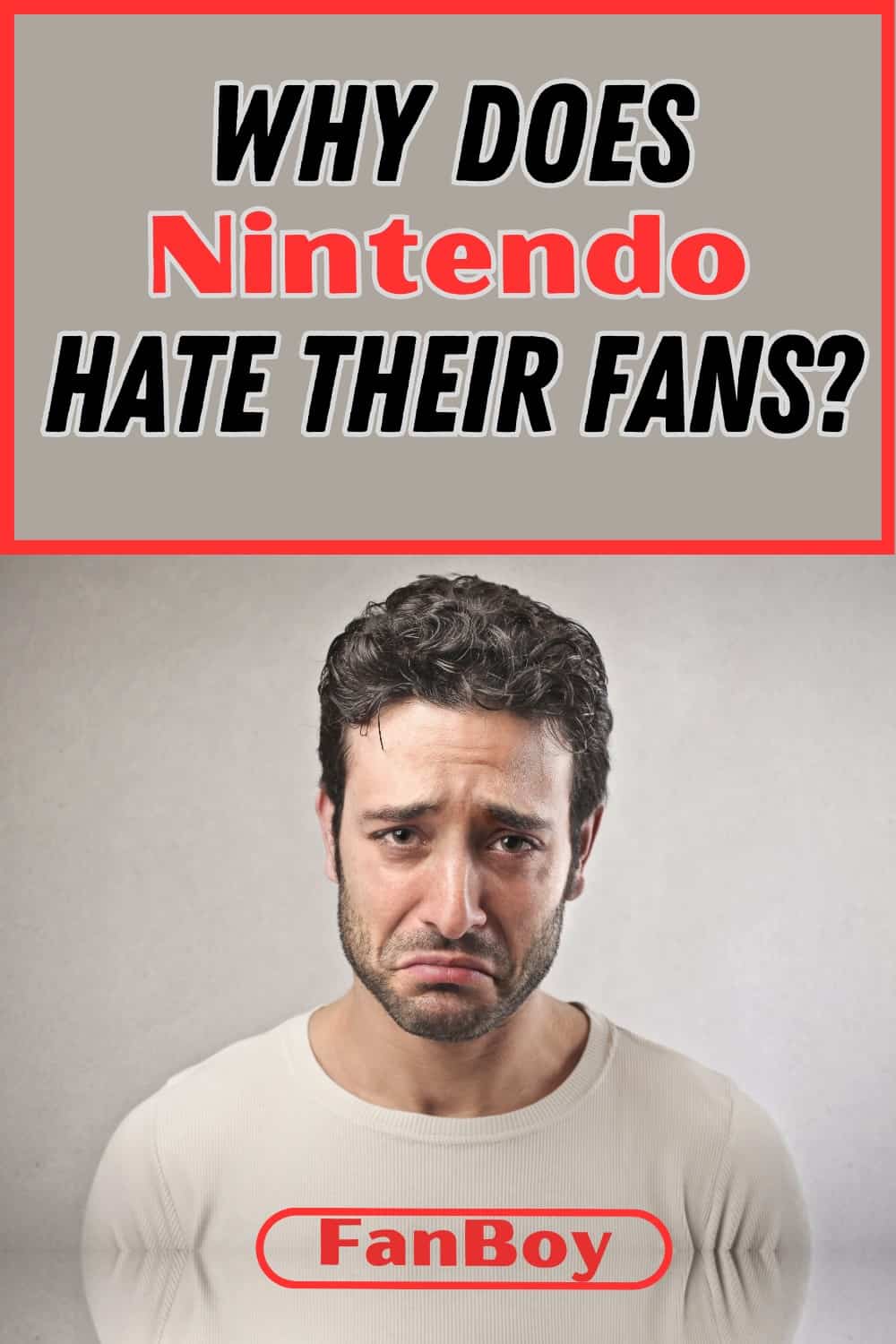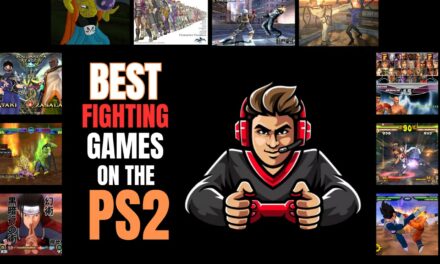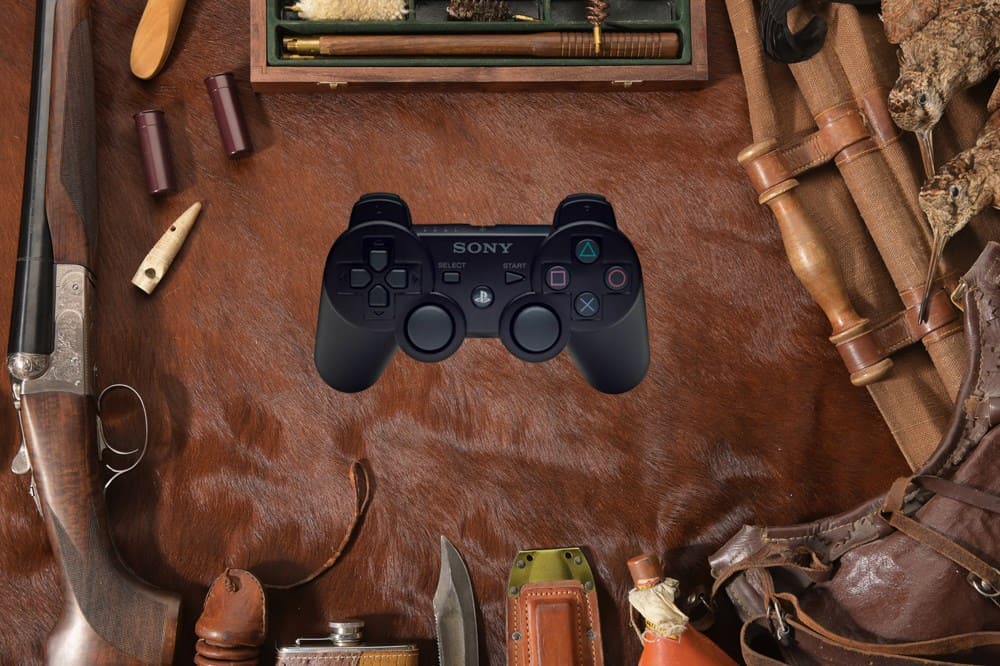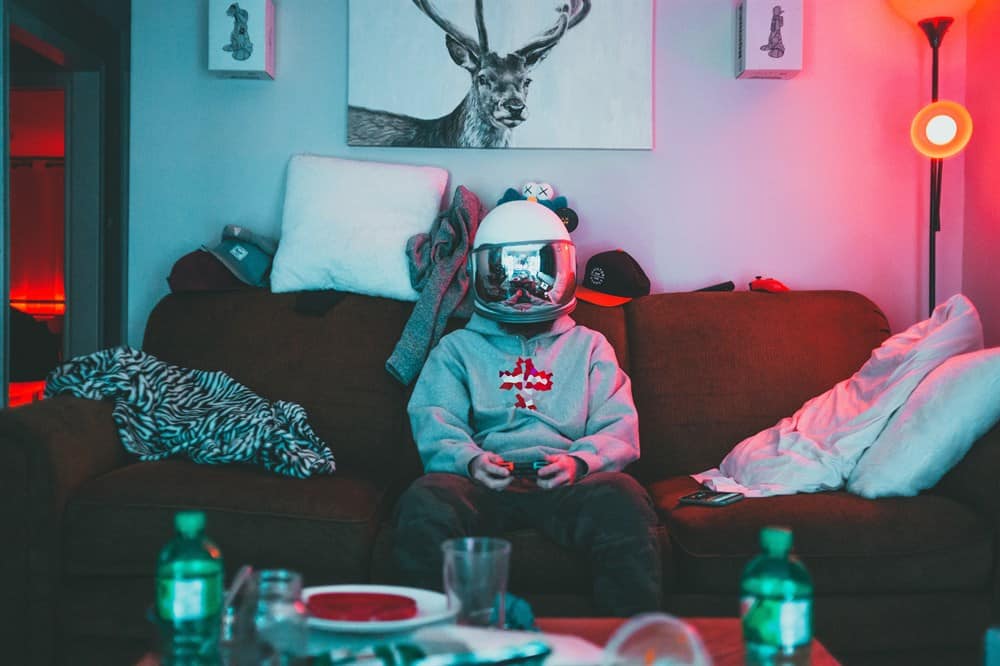It’s no secret that Nintendo has a passionate and dedicated fan base thanks to its rich history of iconic characters, innovative hardware releases, and a vast library of timeless classics. However, over the years, an increasing perception has emerged among the general Nintendo fanbase that the company does not value their loyalty and continued support.
From controversial decisions to questionable practices, some Nintendo fans now feel that the company actively works against their interests. But is this perception legitimate?
In today’s post, I’m going to explore the reasons why some Nintendo fans believe that the company hates them and whether there’s any truth to these claims. So, whether you’re a die-hard Nintendo fan or just a casual observer, join me below as we dive deeper into this fascinating topic.
Why Does Nintendo Hate Their Fans?
The prevalent belief among the game community that Nintendo hates their fans is primarily driven by four key factors: inadequate communication, lack of features, overly restrictive policies, and limited product releases.
However, nobody can assert that Nintendo hates their fans, and such sweeping generalizations or accusations should be taken with a grain of salt unless presented with proper evidence.
While many Nintendo fans may have legit criticisms and concerns about decisions or policies that the company has implemented, it is crucial to approach the matter with an open mind and nuanced perspective.
With that in mind, let’s explore these four factors and their impact on customer perception.
Understanding Customer Dissatisfaction with Nintendo
Now that we’ve established the need for a nuanced approach when examining the popular sentiment that Nintendo hates its fans, let’s take a closer look at each of the four factors that contribute to this belief.
By doing so, we can gain a clearer understanding of the specific issues that led customers down this path of distrust and, more importantly, get a glimpse at what the company needs to do to repair the damage.
Inadequate Communication With Their Fans
A lack of open communication is one of the key factors contributing to the widely held belief that Nintendo hates its fans. This has led to a perceived lack of transparency and pent-up frustration amongst a large swathe of the fanbase.
Without clear, open communication from Nintendo, fans feel that they are often left in the dark and unable to plan accordingly for future purchases or new developments with the brand. As a result, trust between the fanbase and the company has been lost and customers no longer feel like they are important.
Here are some examples of this lack of communication:
- Fans have expressed frustration about the way Nintendo handles its online subscription services. The company has been criticized repeatedly for not providing enough information about the service’s various features and purported benefits, leading many to feel that they are not getting their money’s worth.
- Nintendo has been heavily criticized for its lack of information about the development of the much-anticipated game Metroid Prime 4 for Nintendo Switch. After an initial announcement in 2017, the company has gone silent about the game’s progress, leaving fans in the dark about one of the industry’s biggest products.
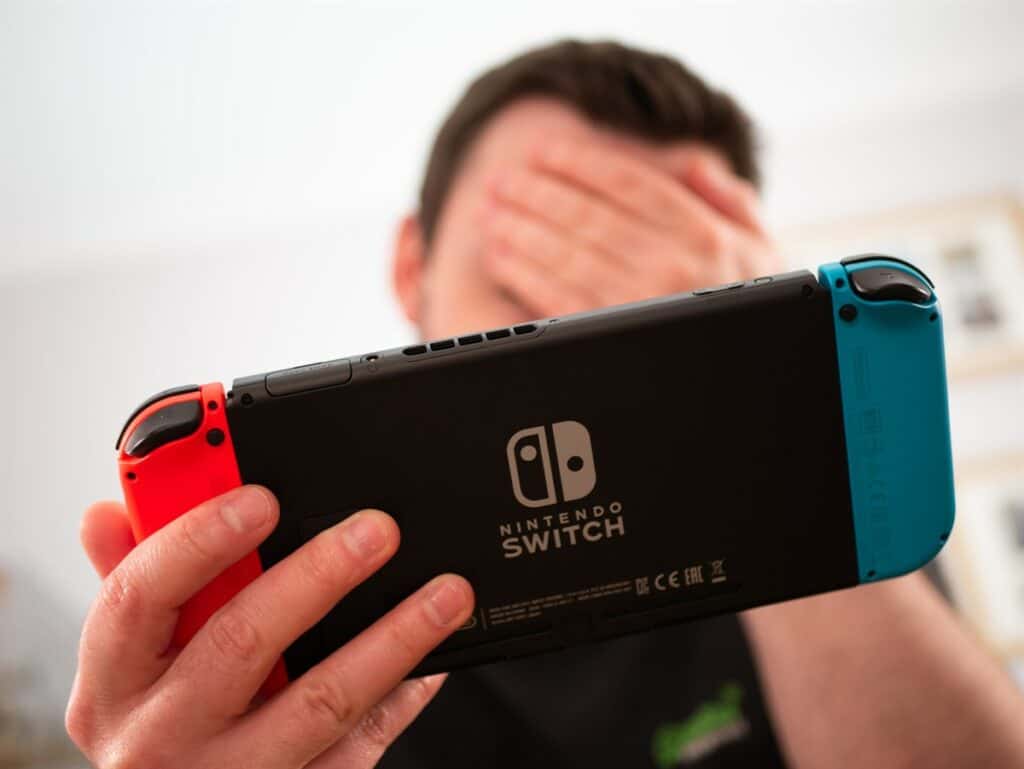
Limited Game Features
Another factor that has played a significant role in the development of mistrust between Nintendo and its fans is the introduction of limited features.
Many fans have criticized the company for not offering certain features that are commonly found throughout the modern video game industry, including a robust online multiplayer experience, cross-platform play, cloud saves, etc.
Without these essential features, several of Nintendo’s biggest products tend to seem outdated and less appealing to customers, leading to a deeply entrenched perception that the company does not care enough to keep up with modern gaming standards.
The result is a neglected fanbase that thinks their favorite company hates them and looks to Sony’s Playstation and Microsoft’s Xbox offerings for a more modern and feature-rich gaming experience. Even something as small as a lack of achievements has some Switch owners looking elsewhere.
Restrictive Policies
Nintendo is also known for having overly restrictive policies, especially those that govern fan-made content.
While many other companies in the industry are very open to fan-made videos, mods, and other works based on their intellectual property, Nintendo has historically enforced strict and highly restrictive policies designed to limit what fans can create and share.
For example, customers who wish to feature gameplay from Nintendo products on YouTube must join a “Creator’s Program” and share their revenue with the company. As a result, content creators who love Nintendo products find their creativity stifled and their passion for the brand diminished.
Similarly, Nintendo has repeatedly gone to great lengths to shut down fan-made mods, often accusing the creators of copyright infringement. Thus, customers are often left feeling that the company’s enforcement of these policies is unnecessarily harsh and that it prioritizes protecting its intellectual property over fostering a community of creative and passionate fans.
Limited Console And Game Releases
Limited product releases are another influential factor leading to the perception that Nintendo hates its fans.
While limited edition products can generate excitement among fans, they can also easily lead to frustration and disappointment when they are only available for a very short time or in very limited quantities.
Nintendo fans who are not able to purchase these products end up feeling excluded, and this happens often. It has happened to us all.

Fostering a More Positive Perception of Nintendo Among Fans
Several factors contribute to the popular opinion among some Nintendo fans that the company hates them.
While Nintendo has arguably made decisions that have frustrated or disappointed fans, it is important to keep an open mind and nuanced perspective and recognize that they have also created some of the most beloved and iconic products in the history of gaming.
Ultimately, if Nintendo wants to change this controversial perception, it must improve communication, embrace modern industry trends, loosen restrictive policies, and provide more inclusive opportunities for fans to access its products.
Improving the relationship with their avid fans and customers should be a priority for the company, as changing the perception that they hate their fans will allow them to continue to provide memorable gaming experiences for generations to come.

